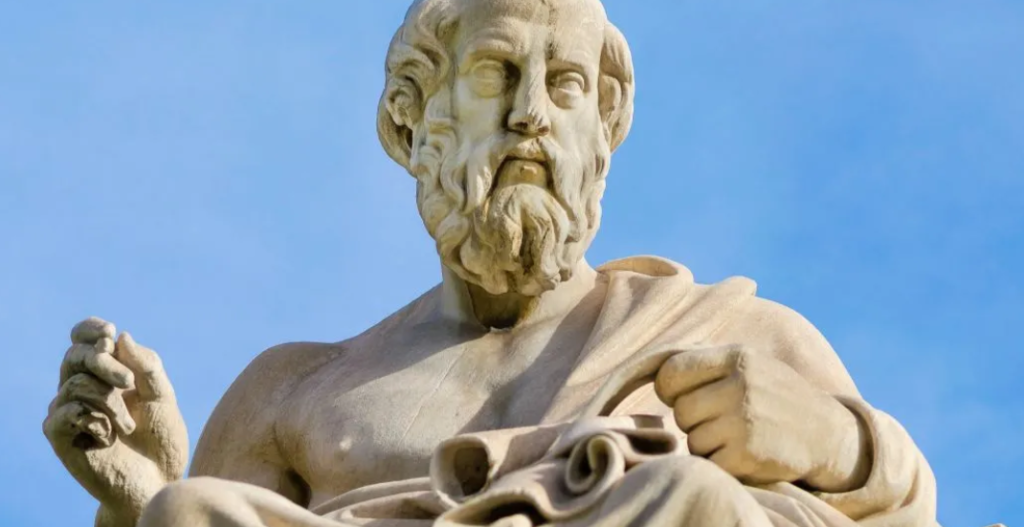Was the Catastrophic Debate Simply Inevitable?

Predicting the future is something best left to meteorologists and fortune cookies, but political scientists can use certain tools to try to predict likely outcomes based on given parameters and observed trends. Data drives dates, as Governor Murphy has been fond of saying, and in a broader political science capacity, data drives potential.
Few people who are serious students of political science would consider the debate between President Trump and Vice President Biden a great success or a particularly bright moment in American history. But perhaps there was no other reality possible when one considers some of the factors that have shaped our culture in the preceding years.
In 1960, Senator John F. Kennedy and Vice President Richard M. Nixon participated in the first televised debate. There was a moderator who guided the questions posed by four correspondents representing ABC, CBS, Mutual, and NBC News. The questions were taken by two clear, cogent, respectful individuals who were, in every sense of the word, presidential and hoping to earn the votes of reasonable, rational citizens. The questions were not softballs and the candidates did not mollycoddle one another, but rather attempted to prove their points like responsible adults. And that was what the country needed. With the Cold War getting frosty indeed, the United States was building a nuclear arsenal, alongside Russia, with the capacity to destroy the entire planet dozens of times over. Racial tensions in the country had been broiling for decades, and the 1960s would prove one of the most internally violent in a century. The 1950s had seen the Korean War claim the lives of over 36,000 Americans and polio had paralyzed 15,000 before being brought under control.
The debate was considered a Kennedy win and he did, in fact, win the election. The rest is history.
Fast forward six decades to the most recent televised debate. A lot of things have changed, and some things have not. The United States has been at war for 19 years. Overseas commitments claimed fewer American lives than Korea or Vietnam but have drained the American treasury of trillions of dollars and severely damaged America’s image and soft power abroad with questionable gains to show for it. Both Right and Left are uninterested in more warfare overseas. The United States is not materially better off for the Forever War, as President Nixon’s assistant and speechwriter Pat Buchanan called it, and the implications of the conflicts can fill volumes and countless hours of lectures. Instead, Americans have been dying from a new enemy, one which travels through America like no foreign enemy ever could. The coronavirus has taken some 207,000 Americans lives. America needs the kind of calm, collective leadership that was offered when the Kennedy/Nixon debates presented, for the first time, the presidential choices shown in the living rooms of Americans.
Good luck.
Yet it is worth asking, is the decline in political discourse such a surprise? The reality TV trends, the shock jocks of decades past, all of these were cultivating a sensationalist “gotcha” entertainment experience which didn’t require a lot of originality or thought, just perpetually trying to shock. Instead, as information (and media) began to move faster and faster, the attention spans of Americans became shorter and shorter, and the ability or desire to sit through a discussion about lofty matters became less. Donald Trump, as a reality TV star on the show “The Apprentice” capitalized perfectly on the attitudes which made that genre successful. Putting people on the spot, amping up the pressure, and inevitably firing someone held people’s attention. It was exploitative entertainment in the sense that while your heart might’ve risen or fallen as the show progressed, the viewer was glad or relieved that they weren’t the ones getting Donald’s scrutiny.
The White House has simply manifested what the American population has been eating up for years now. Culture defines politics, not the other way around, so nobody should be surprised that, to paraphrase HL Mencken, the people got what they wanted and got it good and hard.
The revolving door of White House staffers, cabinet members, advisors, and others close to the Oval Office is a clear sign of the “Apprentice” style operation that was carried over from the president’s transition from reality TV star to leader of the free world. What worked on camera before carried him in to the chief executive’s spot. The model seemed to work.
When Joe Biden and Donald Trump met to debate before the long-suffering Chris Wallace, it was a display unlike any other in living memory. Everyone knew the president would take an aggressive approach with the former Vice President, but the interruptions, personal attacks, avoidance of questions, and constantly talking over his opponent had, at one point, Wallace begging, “Mr. President, please stop!”
What a long way we have come since Nixon’s grey suit was the big controversy.
In both cases, then and now, the stakes are incredibly high. The direction of the United States, and with it the global influence it carries, will be determined by the upcoming election. Few people are likely to be persuaded to vote one way or another at this point—while we are supposed to be isolating in 2020, we are not, in fact, isolated. But those few who may slide one way or another have little to inspire them when the sound-bite culture is superimposed on the national level and the choices presented cannot adequately convey any coherent, meaningful message.
Who is to say that anything will change? Nothing is written in stone, but precedent has been set, and America’s expectations of its democracy may never be the same.








Leave a Reply